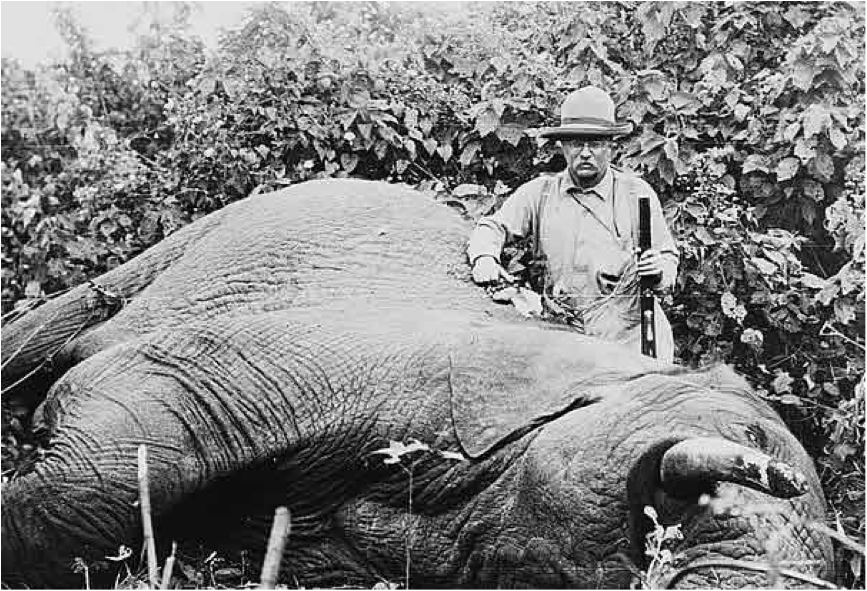International Regionalism as American-Australian Dialogue: William James and Henry David Thoreau in John Kinsella’s Jam Tree Gully Poems
DOI:
https://doi.org/10.60162/swamphen.2.10596Keywords:
Ecocriticism, ecopoetics, international regionalismAbstract
Henry David Thoreau’s Walden; or Life in the Woods (1854) is America’s nineteenth century scriptural call to establish the foundations of nationhood. The epic event of America underwritten by English literature, politics and economics, alongside the idea to self-realise anew and afresh is pregnant with Transcendentalist notions of self-reliance: the triumph of principles and latent convictions that constitute enlightenment within the self.
In Jam Tree Gully Poems (2011) poet John Kinsella mimics this experimental temperate consciousness to outline degrees of freedom that are yoked to a satirical position on the extent that nature (or humans for that matter) can be autonomous. For Thoreau, free will is answered in terms of improvement – to environment and to the spirit. Improvements are accounted for by framing action and events over time. An issue at stake here is: to what extent does Thoreau’s desire to project a Protestant sense of improvement rely upon an externality operating on micro and macro scales that is subservient to human experience? In Walden, seasons do not come first; human emotion and intellect precede chronotopic and atmospheric abstractions. Human autonomy within the midst of nature – the central focus of Kinsella’s and Thoreau’s experiment – offers a Romanticism, a mode of feeling rather than a choice of subject.
Downloads
Published
Issue
Section
License
Authors who publish with this journal agree to the following terms:- Authors retain copyright and grant the journal right of first publication with the work simultaneously licensed under a Creative Commons Attribution License that allows others to share the work with an acknowledgement of the work's authorship and initial publication in this journal.
- Authors are able to enter into separate, additional contractual arrangements for the non-exclusive distribution of the journal's published version of the work (e.g., post it to an institutional repository or publish it in a book), with an acknowledgement of its initial publication in this journal.
- Authors are permitted and encouraged to post their work online (e.g., in institutional repositories or on their website) prior to and during the submission process, as it can lead to productive exchanges, as well as earlier and greater citation of published work (See The Effect of Open Access).

